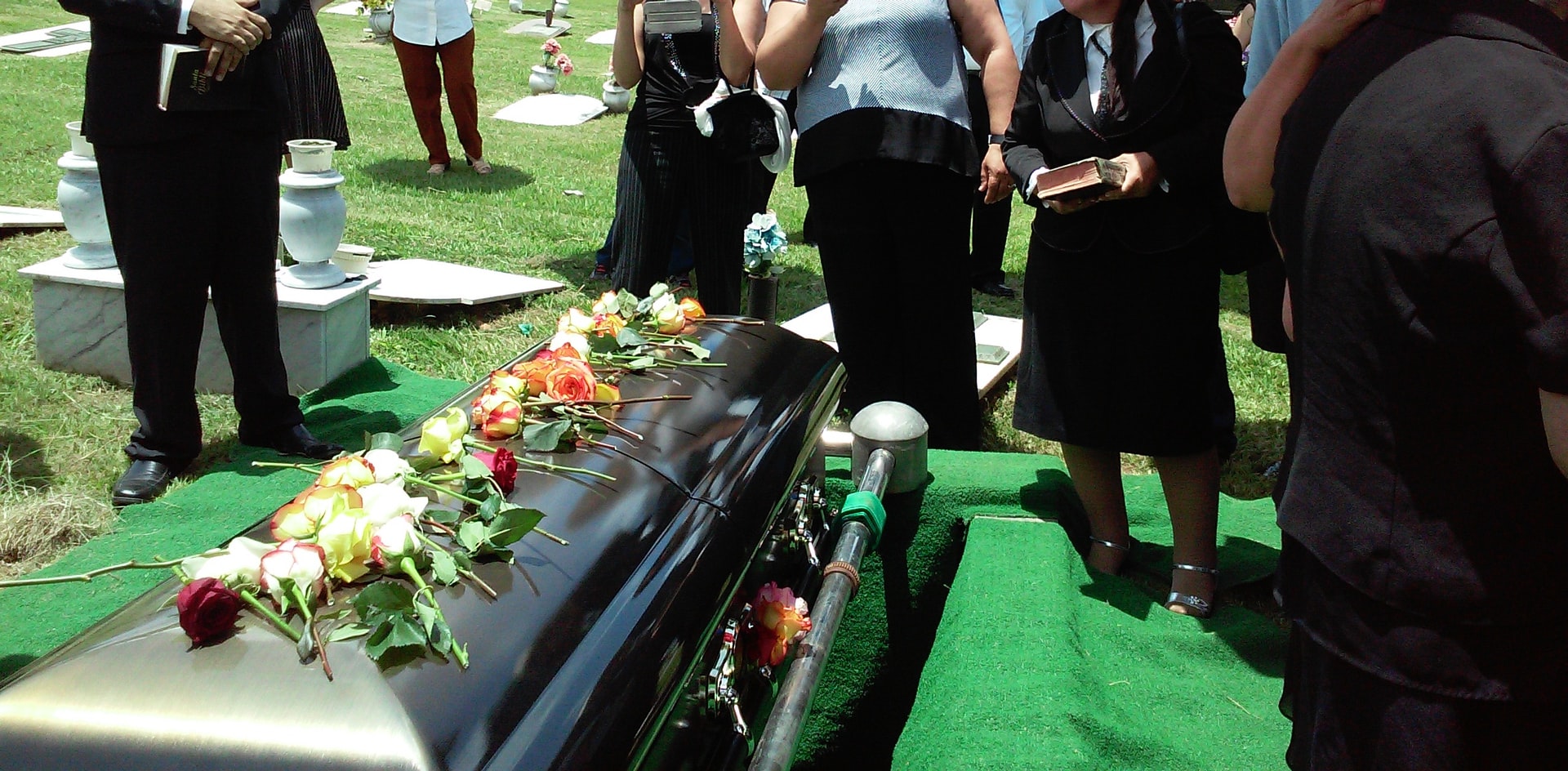Thoughtful Advice to Help You Plan a Funeral
Death is a difficult time, and unfortunately, it’s an appointment no one can cancel. When a person controls how things will pan out after they’re gone, it allows their loved ones to grieve properly and ease the burden of planning their funeral.
Some family members may not have any clues about what kind of funeral their loved one would have preferred. This happens primarily because many people consider discussions about death and funeral planning to be taboo. On that note, here are thoughtful pieces of advice to help you plan a funeral.
1. Choose a funeral provider.

The first step to take when planning for a funeral is to choose a funeral provider. While this is compulsory in all U.S. states, it makes arrangements a lot easier and less emotionally painful. If you don’t have any funeral provider in mind, start by searching the phrase “funeral home near me” to know what funeral services are available and the packages they offer.
Dealing with the death of a loved one is a difficult time for most people. Therefore, you should aim for a funeral home that’ll show compassion and professionalism when meeting your family’s needs.
Furthermore, they should be able to provide you with the best resources in a time of need. Ask the funeral provider for a list of items and services they provide, as well as packages. For instance, this list should typically include cremation costs, cremation options, and pricing if it’s a cremation.
2. Emotionally prepare yourself and your loved ones.
The death of a loved one is never an easy blow, irrespective of how close or distant you may have been with this person. Remind yourself that you are allowed to grieve and try not to fight back the tears if you feel them coming. If you have a support group, reach out to them for comfort. Talking to someone can help you feel better and give you the strength to get through the funeral planning.
Furthermore, if your spouse has recently passed away, you’ll have to be prepared to answer the many questions that your child(ren) may have. Like you, they’re also going through a hard time and are questioning many things. While you may not have all the answers, now is a good time to turn to your faith if you are religious.
For instance, if you’re a Christian with kids below the 6th grade, you can take them for counseling with a pastor. Alternatively, you can buy them a children’s bible or storybook, like the Jesus Storybook Bible collection. The Jesus Storybook Bible invites children to learn about the great story of salvation through God’s neverending love.
This perfect kids’ bible storybook will help put a lot of their thoughts into perspective and provide comfort as they relish in the hope of the greatest story of resurrection. The storybook covers both new testament and old testament stories and allows little children to see Jesus as the center of their life. It’s beautifully written by New York Times bestselling author Sally Lloyd-Jones and contains the mesmerizing illustrations of Jago. It
3. Have an order of service.

Depending on the kind of funeral you’re planning, you’ll need to make people aware of the order in which the event will follow. For instance, most religious funerals have guidelines for their service, and they may require certain ceremonies and prayers to be included during the funeral service. So make sure you liaise with your pastor about it.
Furthermore, remember to create a funeral booklet or life magazine, which you’ll hand out to guests. Again, you don’t have to be a profound designer to execute this. Whether you want a physical or digital brochure, there are tons of brochure examples to sift through online to help you come up with the perfect brochure template.
The brochure design should include an itinerary for the reception. It can also include pictures of your dead loved one and grief support messages. Funeral brochures are personal and sensitive as they’re supposed to provide insights into the life of your loved one. So make sure you take your time to decide on the font, pictures, and messages.
4. Contact and notify people.
Notifying people about the death of a loved one can be a morbid affair, and left to many of us, we would rather talk about the weather and cute animals, but unfortunately, death-denying is not the way to make it any better. Talking about death with people won’t be easy. However, you can choose to do this yourself or have a close relative handle it. It’ll be up to you and your relatives to decide who you want to invite to the funeral.
If you choose to have a private ceremony, you’ll want to be selective about your invite list. However, at the very least, some important people that you should inform are the deceased’s employer, close neighbors, and club members (if they were a member of any community club).
